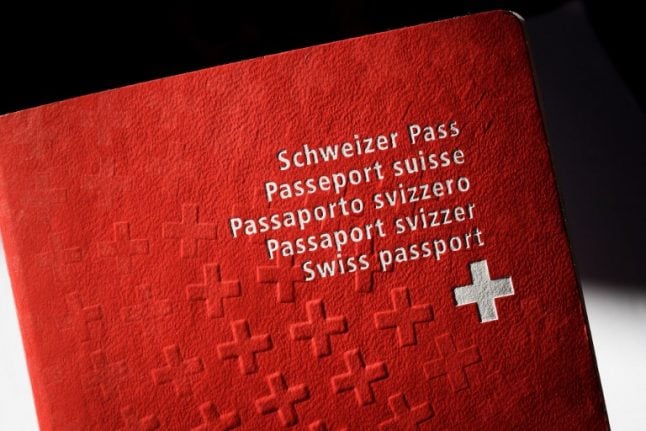Those administrative fees can vary depend on factors including age, place of birth, and marital status, but also differ significantly depending on place of residence as a new study carried out by Swiss weekly Le Matin Dimanche shows.
This is despite attempts to bring these administrative costs in line across the country back in 2006.
Read also: How to apply for Swiss citizenship in 2018
The study reveals that administrative costs can range from 500–1,600 francs in the canton of Jura to 1,800–3,000 francs in Fribourg, depending on which commune you live in.
Costs in other cantons include 550 to 800 francs in canton Vaud, 1,000 francs in Valais and a fixed rate of 1,250 francs for adults over 25 in Geneva.
For the canton of Zurich, the cost is listed on the cantonal homepage as 1,200 francs for foreign-born adults aged over 25. However, the canton also notes there are additional cantonal costs to be factored in. According to Le Matin Dimanche, the fees in Zurich total 1,700 francs.
Contacted by Le Matin Dimanche, authorities in Fribourg said there was no political motivation behind the high administrative costs associated with citizenship in that canton. A spokesperson said costs of individual applications were calculated based on actual costs incurred.
The office of Swiss price watchdog, Stefan Meierhans, is now looking into the matter.
Read also: Dutch anti-cowbell campaigner finally handed Swiss citizenship



 Please whitelist us to continue reading.
Please whitelist us to continue reading.